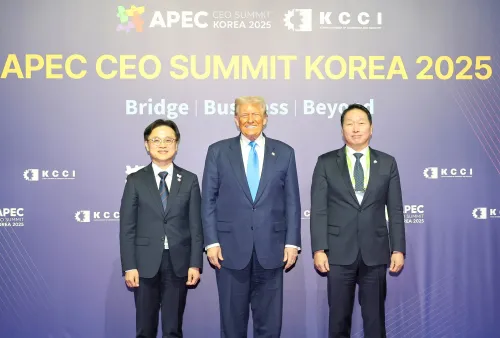Did Fashion and Apparel Brands Dominate D2C Leasing in H1 2025?

Synopsis
Key Takeaways
- Fashion and apparel brands lead with 60% of retail leasing.
- Growth in D2C brands is driven by omnichannel strategies.
- 46% of leasing occurred on High Streets.
- Delhi-NCR tops retail leasing at 26%.
- Physical stores enhance brand trust and customer engagement.
New Delhi, Oct 1 (NationPress) Fashion and apparel brands represented almost 60% of the retail leasing activity by direct-to-consumer (D2C) brands during the first half of this year (H1 2025), according to a report released on Wednesday.
Following closely were the Homeware and Furnishings segment at 12%, Jewellery at 12%, and Health and Personal Care at 6%.
From 2020 to 2022, various digital-first brands experienced significant growth, largely driven by the surge in online shopping amid the COVID-19 pandemic. These brands are increasingly adopting an omnichannel approach.
CBRE's latest findings revealed that the proportion of retail leasing by these emerging brands has increased from 8% in H1 2024 to 18% in H1 2025, as they capitalize on pop-ups, flagship stores, and franchise models.
"While online shopping continues to expand, in-store purchases still comprise the majority of transactions, making omnichannel growth crucial," stated Anshuman Magazine, Chairman and CEO - India, South-East Asia, Middle East, Africa, CBRE.
He emphasized that, unlike a standardized online shopping experience, a physical store creates a customized shopping atmosphere that fosters a deeper connection with the target audience and reinforces brand values.
The report also pointed out that D2C brands are diversifying their outlet locations beyond just malls. In H1 2025, an impressive 46% of total leasing was on High Streets, 40% in Malls, and 14% as standalone outlets. Furthermore, these brands are exploring various formats, from pop-up shops and showrooms to conventional brick-and-mortar establishments.
Between January and June, Delhi-NCR led in retail leasing among major cities, accounting for 26%, followed by Bengaluru at 22% and Hyderabad at 18%.
According to Ram Chandnani, Managing Director, Leasing Services – CBRE India, having an offline presence enables brands to engage with traditional customer bases and extend their reach into lower-tier towns.
“Physical stores build trust and credibility for brands, assuring customers of product quality. They also provide an opportunity to create a tailored shopping atmosphere. This combination of digital reach and offline experience is poised to shape the future of India’s retail growth," he added.









